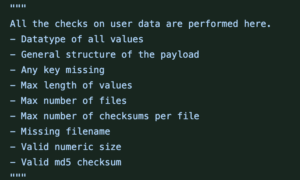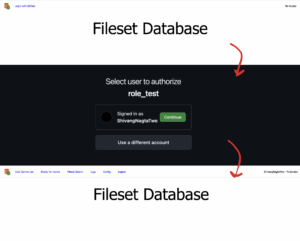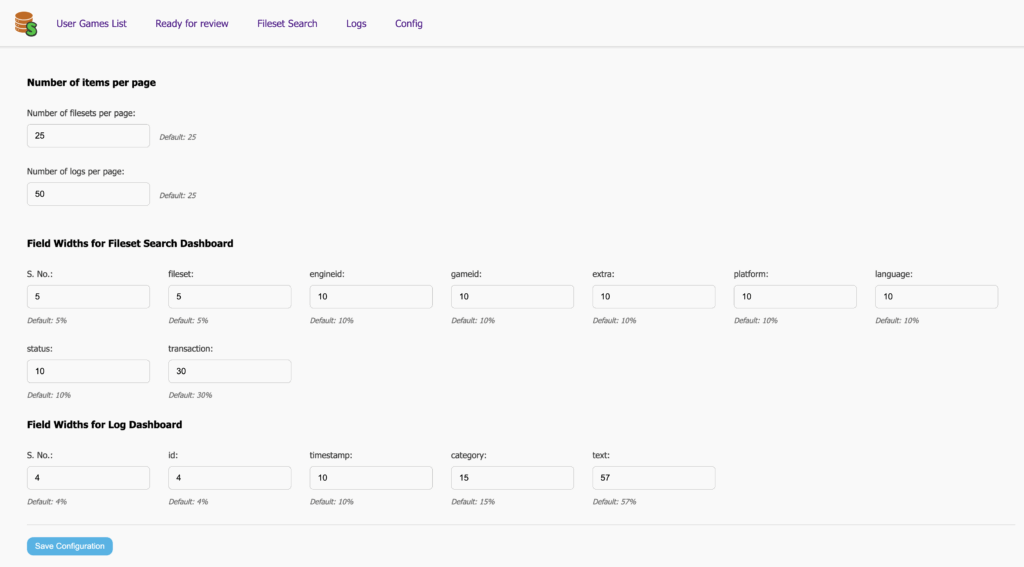Welcome to this week’s blog. This week, I added features related to updating metadata as well as file data directly from the application UI, along with some smaller fixes and improvements.
For any fileset, you can now update metadata fields directly from the UI. For user filesets in particular, there is an additional step of adding metadata first particularly gameid and engineid as they require creating entries in separate tables. To make filling metadata easier, I also added a dropdown feature that displays all existing values for a field from the database. This way, moderators can either type in a new value or directly choose an existing one. In addition to metadata, I added functionality to update individual files as well. This can be useful for tasks such as manually marking a file as detection file or updating other fields.
For better reliability, confirmation dialogs have been added for most buttons, such as deleting/updating files and adding/updating metadata. Further a separate button has been added for deleting the entire fileset. Another improvement is the ability to delete all filesets in bulk that appear in a filtered search result in the fileset search page.
To enhance logging for scanned files, a new field called data_path has been introduced. This field stores the relative path of the game directory, which is particularly useful when multiple files are scanned at once. This information can later be included in scan.dat related logs.
Lastly, I added an endpoint for sending a fileset ID as a mail notification. This is suppose to be triggered from the mail server whenever a user submits any fileset-related information, using a predefined mail structure in the ScummVM application. (This feature has not yet been integrated with the mail server.)


